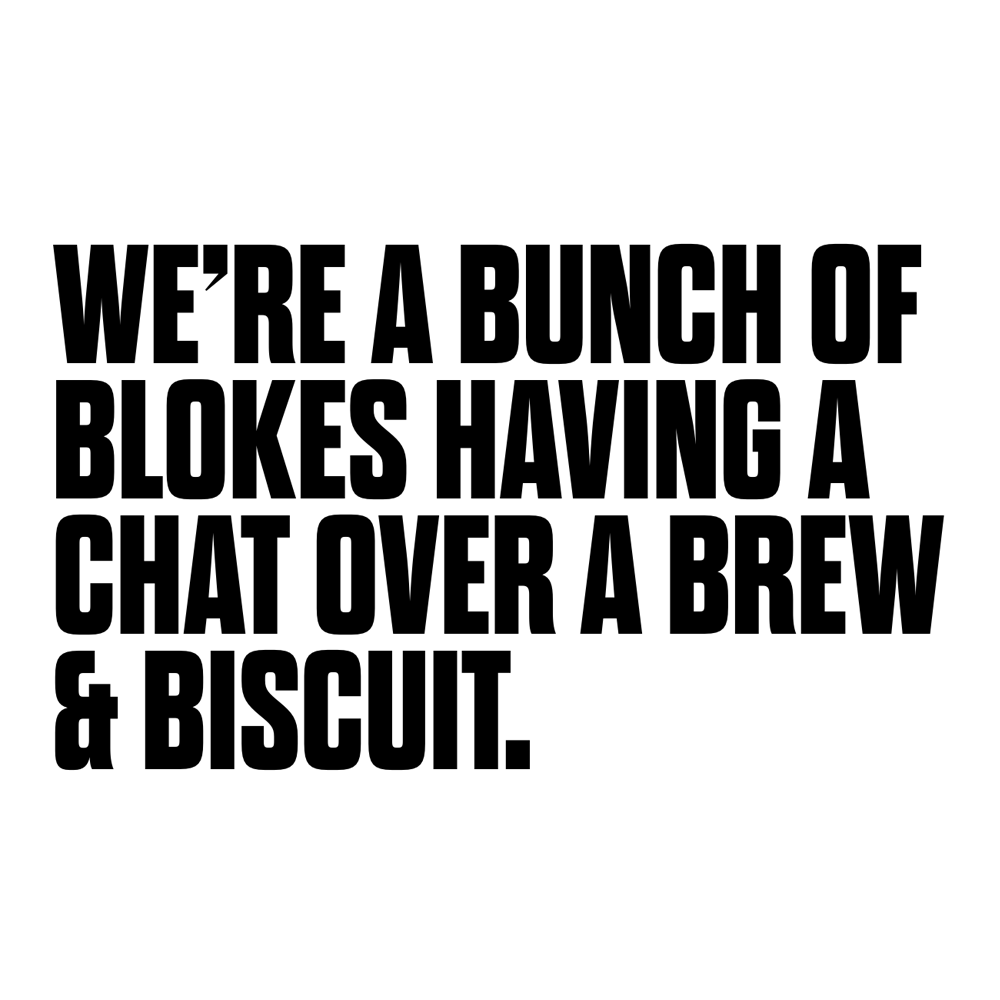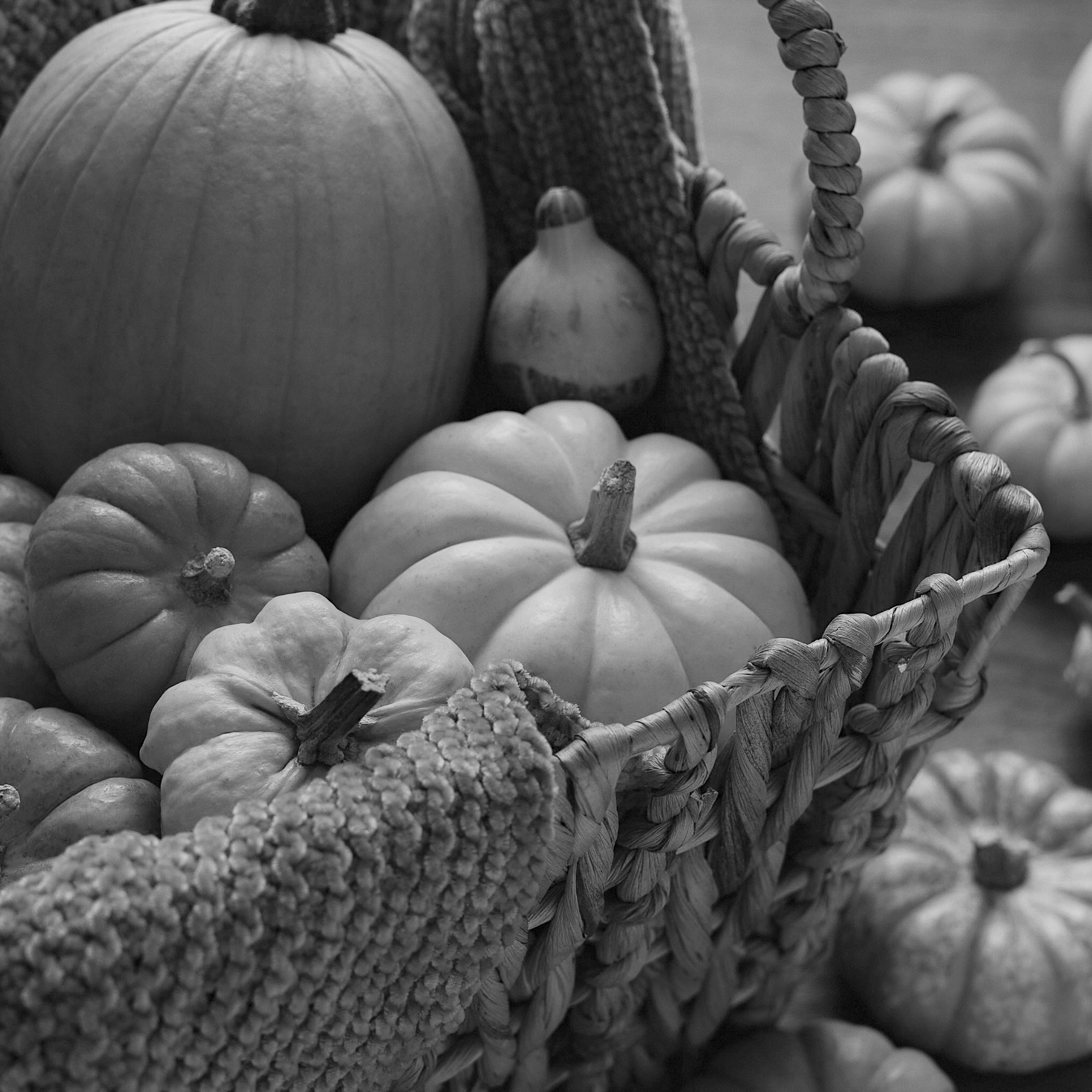Nearly a year of lockdown has hit many of us hard, and it’s difficult to see the light at the end of the tunnel, particularly when the soothing effects of sports have also vanished from our screens. But fear not, if you have been missing your favourite bit of sporting fervour, for the Six Nations has started, and we are all winners because of it. Love it or loathe it, you cannot deny that the Six Nations championship evokes a sense of national pride as the six teams battle it out to lift the Championship Trophy.
The Six Nations is an annual Rugby contest between England, France, Ireland, Italy, Scotland, and Wales, fought over several weeks culminating in Super Saturday on the second or third Saturday in March, depending on how gameplay pans out. The format of the Championship is simple: each team plays every other team once - making a total of 15 matches for each team - with home ground advantage alternating from one year to the next.
Before the 2017 tournament, scoring was very straightforward, with two points were awarded for a win, one for a draw and none for a loss. For the 2017 matches, the Six Nations Committee announced that a bonus point system would be trailed. The system is similar to the one used in most rugby championships, with 0 points for a loss, 2 for a draw, 4 for a win, 1 for scoring four or more tries in a match, and 1 for losing by 7 points or fewer. The only difference being that a Grand Slam winner will be given 3 extra points to ensure they finish top of the table. The new points scoring system is aimed at making the tournament more exciting by racking up the tension a bit more, and it certainly does that.

But there is another, very cogent, reason why it’s good to have the Six Nations going on just at the moment too; team sports generally make people happier, and can lift the spirits of a whole nation, and even more so if they happen to be winning...!
Fans like their sport – fan is short for ‘fanatic’, after all – and watching their team do their best is some of the best therapy around. Fans cheer, and they debate the merits of the players, rules, and referees. Their self-esteem rises and falls with the success or failure of their team. Basically, sports can become the whole meaning of their life. That’s great all the time that people are getting their fix of sport, but it can become a problem when it stops for whatever reason – such as global pandemic.
With the games already underway, things are hotting up. Currently, France sits atop the Six Nations table at the end of round two having followed up their opening victory over Italy with a narrow 15-13 win against Ireland in Dublin. According to oddsmakers, the 2021 Six Nations Championship is only France’s to lose. “Les Bleus” are sitting at average odds of -172 and are as short as -180 at FanDuel through two of five matches at the annual six-team, round-robin rugby union tournament. Meanwhile, at the other end of the rankings Italy are not doing so well, and having no points whatsoever, are under odds of 20,000 to 1 – ouch!!
The Six Nations tournament has been played 22 times since its inception in 1983, and has gone from strength to strength. Every year, rugby fans have reveled in the competition it generates, but this year, it has attracted an even greater following; with little else available from the sporting world, the Six Nations has become a beacon of hope, and not a moment too soon either. Analysis has shown that as the pandemic drags on, it is impacting people more and more, and either sporting or music events are the perfect antidote for disenfranchised feelings.
During the first lockdown, many mental health agencies reported a significant impact on the population’s mental health, particularly amongst the 18- to 29-year-old age group. Statistics from Mind, the mental health charity shows that thoughts of suicide rose from 12.5% to 14%, while the rise in the rest of the population went up from 8% to 10%. Much of this was driven by a lack of routine and a general foreboding about the present and future, but there was also a large slice of not being able to see live sport…because there was none being played.
Things have gone a tad downhill from there, with months of lockdown, but with the R number dropping, the organisers of the Six Nations have delivered the first fairly local – we’ve already had Tennis in Australia – sporting event for the fans to yell at through the TV, and its going to raise everyone’s cheer.
Even if sport isn’t really your thing, this year is perhaps a time to embrace it, if only to raise our spirits, rather than giving a damn about who is winning. Go watch, and feel the love.




